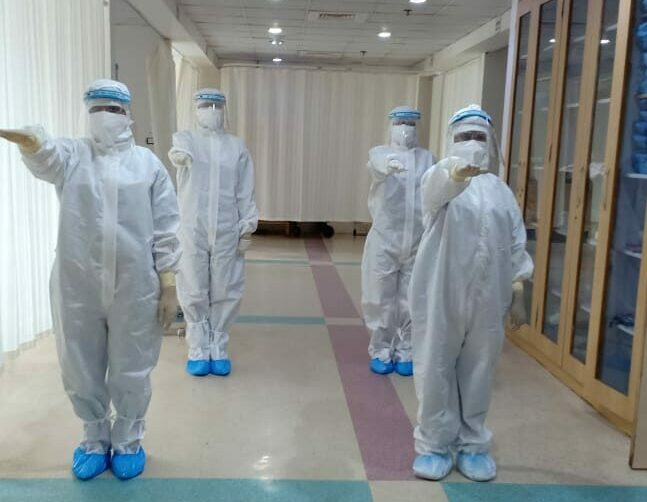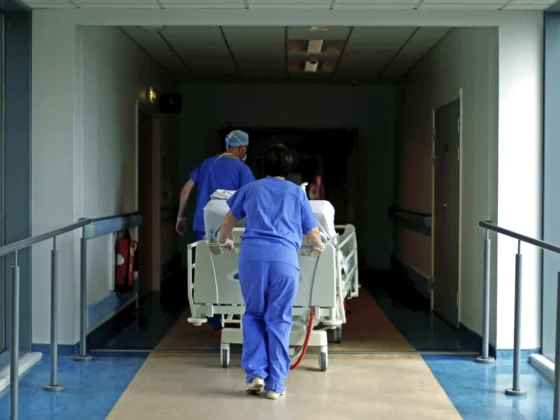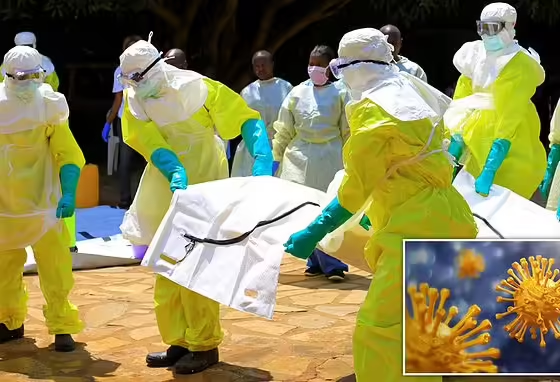Antifungal preventive medications reduce mortality risk by half in the first year following lung transplantation, according to Mayo Clinic research, involving 667 patients who received lung transplants from the year 2005 to 2018.
A study published in the Annals of the American Thoracic Society is the largest ever to evaluate the effectiveness of antifungal preventive medicines in lung transplant patients who are particularly suspected of persistent fungal infections. A nearly threefold increase in mortality for lung transplant recipients are due to these infections.
The study examined a data for adult patients who underwent a single or double lung transplant, or a concurrent heart-lung transplant, in the US, between January 1, 2005, and December 31, 2018, showed, out of 667 patients, 385, or 57.8 per cent, received antifungal treatment and 282, or 42.3 per cent, did not. It was reported about sixty-five patients died during the study and the patients who received the antifungal medications had lower mortality risk. Kelly Pennington, M.D., the study’s first author, said, “Use of antifungal preventive medications in lung transplant patients is increasingly common, but no studies have established its efficacy,”
A 2019 Mayo Clinic study found that 90% of U.S. transplant centers routinely recommend antifungal preventive medications after lung transplant, but no prospective studies have established the benefits of these medications “This is the first study to demonstrate a mortality benefit associated with the use of antifungal prophylaxis in lung transplant patients. We still do not know which lung transplant patients receive the most benefit from these medications, and there are other unanswered questions that will require more research,” said Dr. Pennington, a Mayo Clinic Scholar in the Division of Pulmonary and Critical Care Medicine.
Dr. Pennington, continued by saying, “In our retrospective study, the risk of death within the first year posttransplant is about twice as high in patients not receiving antifungal preventive treatment, compared with those receiving treatment.”
The two most common antifungal preventive drugs that are prescribed in the study are Itraconazole and voriconazole. Hence the patients who have received the antifungal drugs show a lower rate of fungal infections than the ones who did not receive it, though the difference is not statistically significant. The patient can have negative health effects like cardiomyopathy, skin cancer, and liver dysfunction after a prolong use of antifungal drugs. So it becomes very important for the health care team to monitor the anti-fungal medications closely.
Cassie Kennedy, M.D. senior author and physician at Mayo Clinic’s Division of Pulmonary and Critical Care Medicine, believes, “Given the variation in practice among transplant centers, the potential for medication side effects, medication costs and risk of drug interactions, was imperative to determine whether antifungal preventive medications are beneficial for lung transplant recipients or not.”
“Our finding of a significant reduction in mortality risk among lung transplant recipients who received antifungal medications is consistent with several prior studies in hematologic malignancies and bone marrow transplant patients”, she said.











